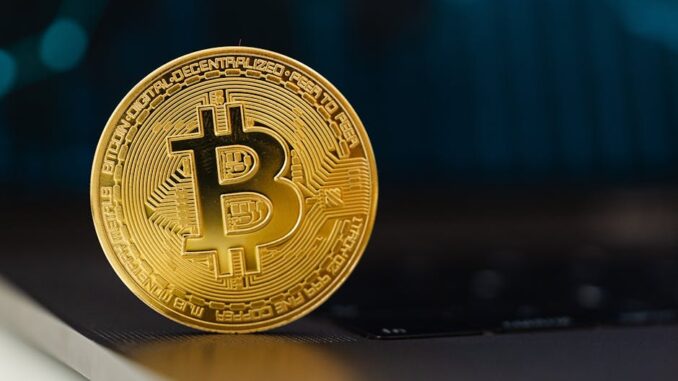
In a move that could potentially revolutionize global trade dynamics, Venezuela has taken a decisive step into the digital age by incorporating cryptocurrency into its oil export strategy. Under the strain of U.S. sanctions, the country’s state-owned oil company, PDVSA, has shifted to using digital currencies, with a particular emphasis on Tether (USDT), a stablecoin directly pegged to the U.S. dollar. This bold transition is not merely a tactical maneuver to sustain Venezuela’s critical oil industry; it represents a possible precursor to a broader transformation in international trade, where digital currencies might mitigate the impact of geopolitical forces and challenge the status quo of financial systems worldwide.
The impetus for this strategic pivot arose when the U.S. Treasury Department announced it would not renew a general license allowing transactions with PDVSA. With a May 31st deadline looming, the company faced the imminent threat of being unable to conduct business as usual, a situation that would severely impact Venezuela’s oil production and exportation—the economic lifeline of the country. In a nimble response to this challenge, PDVSA began to restructure its sales operations to facilitate transactions using USDT, a move designed to avoid the potential freezing of its assets in foreign banks due to sanctions.
Venezuela’s Oil Minister, Pedro Tellechea, has publicly conveyed optimism, reflecting the nation’s determination to withstand the punitive measures imposed by the U.S. By incorporating digital currencies into its contracts, Venezuela is demonstrating its willingness to embrace innovation as a means of safeguarding its economic interests. Nonetheless, this approach introduces its own complexities and risks. Engaging in USDT transactions requires intermediaries capable of adhering to regulatory standards, which may diminish the revenues PDVSA ultimately receives. The company has also adapted its contract requirements, insisting on prepayment in USDT for half the value of each oil shipment, a clear indication of PDVSA’s commitment to this new transactional method, despite the intricacies involved in adjusting to the peculiarities of cryptocurrency.
The strategic use of USDT, along with other digital currencies, could provide the crucial support PDVSA needs to sustain and potentially enhance its oil exports under the oppressive burden of international sanctions. As Venezuela navigates this unprecedented sanctions landscape, it is deploying innovative financial strategies that are capturing the attention of global observers. The necessity to pivot due to sanctions has accelerated Venezuela’s embrace of digital currencies, a move emblematic of a broader global trend in which nations are increasingly viewing cryptocurrencies as a decentralized, politically neutral medium of exchange. This shift provides countries like Venezuela with a path to financial autonomy and resilience against economic volatility.
The international oil market has long been under the hegemony of the U.S. dollar, but it now stands on the brink of a potential seismic shift. A growing skepticism of the greenback’s stability and the ascending appeal of digital currencies herald the beginning of a new chapter. The stakes extend beyond circumventing sanctions; it is about pioneering a more streamlined, secure, and decentralized framework for conducting international trade. Venezuela’s foray into using cryptocurrencies for oil transactions may set a precedent for other nations embroiled in sanctions or seeking alternatives to the traditional banking system.
Publications such as Watcher.Guru have highlighted Venezuela’s inventive use of digital currencies, suggesting that these could become the preferred means of payment in not only oil contracts but potentially across various sectors. The increasing incorporation of cryptocurrencies within the energy sector and their potential to alter the dynamics of global trade are reflective of a changing financial environment.
Venezuela’s strategic embrace of digital currencies amid the resurgence of U.S. sanctions is a testament to its bold and innovative efforts to redefine the mechanisms of global trade. It points to a movement towards a more decentralized and robust financial system. As PDVSA navigates the complex landscape of international sanctions and the realm of digital currency, its pioneering steps may signal the onset of a transformative period in global commerce. In this nascent era, digital currencies are poised to play a crucial role in enabling economic activities that transcend the limitations of traditional sanctions and financial barriers, resulting in a significant reconfiguration of how nations conduct business on the global stage.

Be the first to comment